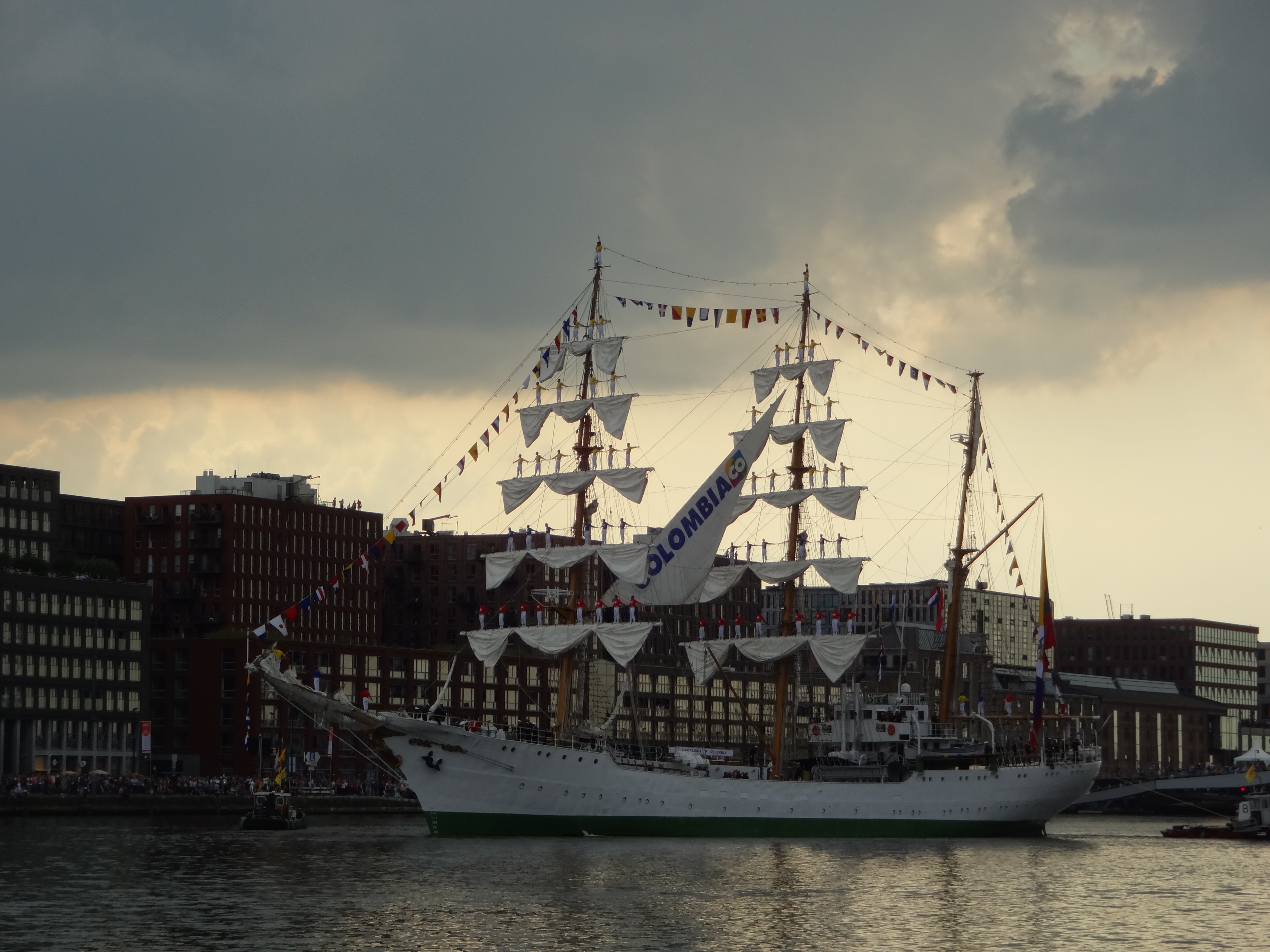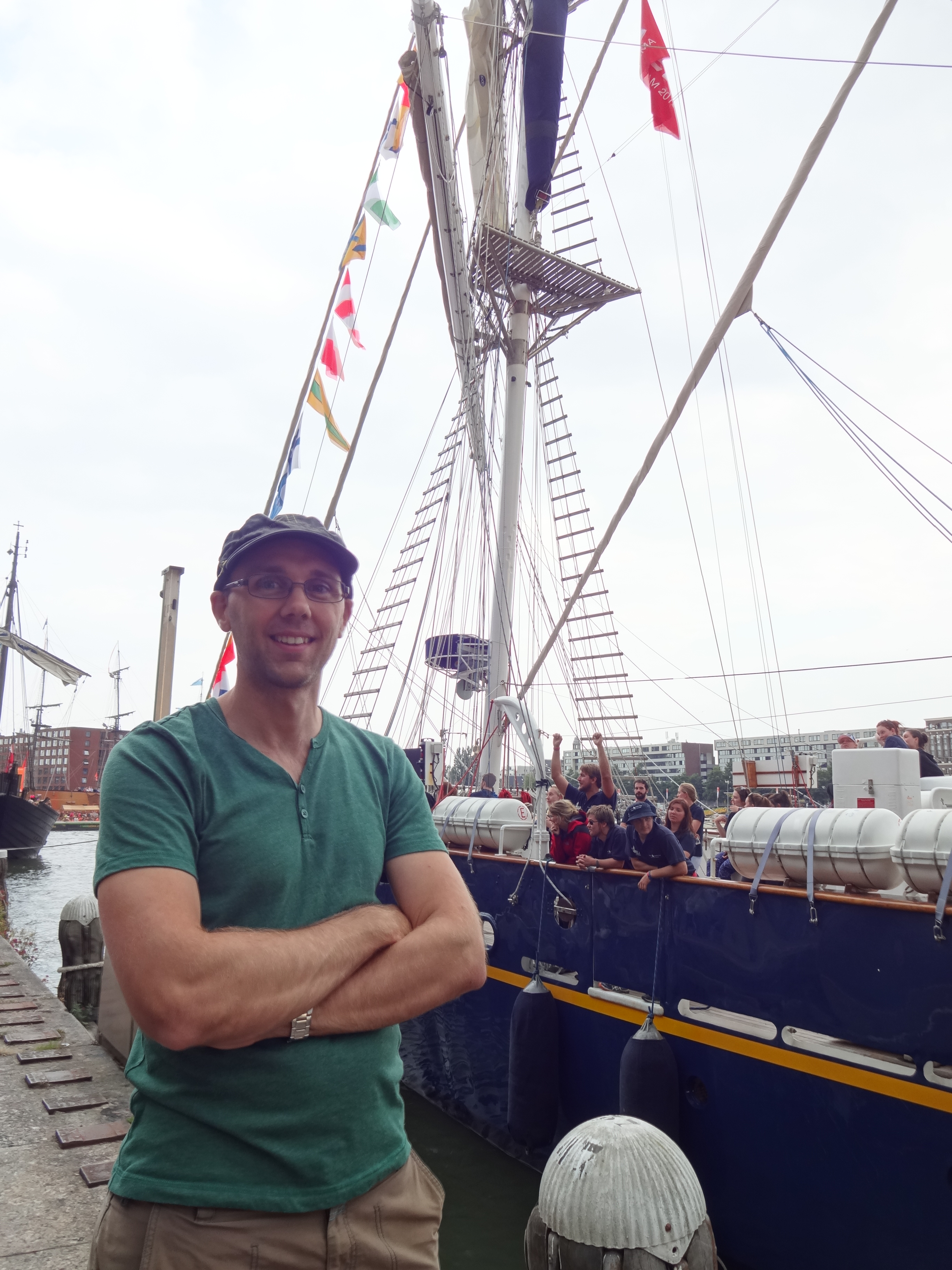Pirate Week
Three strange pirate-related things happened to me last week.
Now there’s a sentence you don’t see every day. Admittedly, some of the links to buccaneering are a little tenuous, but it still makes for an unusual theme.
It started when I found out about some trouble one of my German friends had gotten into. Having just started university, he, like many freshers, soon discovered the shady world of movie downloading – or ‘online piracy’ as it’s more commonly known. He’d downloaded a grand total of 12 movies before he got sent a letter from a law firm representing a media corporations demanding almost a thousand euros for one particular movie. Another demand following on behalf of a different corporation, for a similarly jawdropping fee. If he pays the fines, it’ll have cost him roughly 150 euros on average per movie he watched. And that’s assuming no more fines follow.
Now, I have lots of friends. And some of them illegally download media from controversial ‘activist’ sites like The Pirate Bay. Some of them have been doing it for years. My old college’s intranet literally had terabytes of material (…at which point the law gets a litle fuzzy. If a pirate buys you a drink with his stolen loot, are you also culpable?).
But in all these years and of all these people, I’ve never heard of anyone having to answer. At first I thought my friend was particularly unlucky, but then I googled anti-piracy laws in Germany. It turns out Germany is the Stockfish of online piracy: no mistake goes unpunished. Literally millions of letters are sent to perpetrators, and the law allows little leeway. (Not that I’m bagging out Germany’s techno laws in general, mind you; their mobile phone services are so impressive that it’s actually cheaper to call within the Netherlands on my girlfriend’s German phone than my Dutch one.)
A full post about online piracy will have to wait for another day, however, because it’s time to move on to pirate event number two. We’ve recently moved apartments to the north-east side of Amsterdam, and by coincidence we look out over the Ij (“Eye”) harbour where last week the Amsterdam Sail Festival took place. Held once every five years (or “quinquenially”, if you’re feeling fancy), it’s one of the largest maritime festivals in the world.

“Honey, what’s that outside our window?”
I’m not really a ‘boat’ person, but this festival was phenomenal. About two million tourists crammed into tiny Amsterdam to check out the ships, which were, I have to admit, stunning. They came from all over the world, these huge sail boats from various centuries, including a small Aussie one that had sailed all the way from Down Under with most of its crew barely out of high school. But it was the collection of older boats that really stood out in my opinion. Some of them were huge. Some, such as the Russian, French and South American vessels, were immaculate, with the crew dressed in exquisite, colourful garb. Other crews were literally dressed as pirates, for no good reason that I could discern. My favourite was the Nao Victoria, a replica of one of Ferdinand Magellan’s ships from the early sixteenth century, and the first to circumnavigate the world.

Hanging out near the Aussie boat “The Young Endeavour”
On the final night of the festival, my girlfriend surprised me with tickets to a screening of Pirates of the Carribean ‘in concert’. But not just any screening; it was set up in a huge open-air marina, and you could either have grandstand tickets or ‘ship tickets’, whereby you just moor your boat next to the screen. Most importantly, however, there was a large Dutch orchestra playing all the music from the movie live – and if you know the Hans Zimmer soundtrack, you’ll know that’s quite a big deal. The movie/concert finished with a bang, literally, as we had front-row seats to the huge final fireworks show. By the end of the festival, I’d been transformed from a non-boaty person to someone who perhaps could finally understand the romantic appeal of a life at sea. After the movie, I kept coming back to the cheesy words of Johnny Depp’s pirate character, Captain Jack Sparrow:
“Wherever we want to go, we’ll go. That’s what a ship is, you know. It’s not just a keel and a hull and a deck and sails; that’s what a ship needs, but what a ship is, what a ship really is, is freedom.”
And then, the next day, I was called a pirate.
Really. I mean, fair-dinkum, life-goal-achieved, called a pirate. Twice, and in print, no less, by the UK’s The Times.
So, as I recently mentioned, I’ve just finished writing my first book. This post wasn’t really meant to be a plug for it, but there you go. And GM Raymond Keene, a widely read chess journalist, has started publishing reviews of it. This is surprising for two reasons. Firstly, I have no idea how he got a hold of it, seeing as even I haven’t seen a copy of the book yet! But secondly, Keene’s gone for a pirate-themed approach to colouring the ‘swashbucklingly’ exciting style of the gambits I cover. Here I get called a pirate, and here, a buccaneer. Keene then branches out in his other column in The Spectator by going for a viking comparison, before reverting to more pirate-related descriptions the following week. This final column is so colourful that I can’t help but reprint my favourite snippet in full:
“In my mind’s eye, I visualise Smerdon as some swashbuckling buccaneer of the chessboard, complete with eyepatch, wooden leg, tricorn hat and probably a parrot.”
My parents must be so proud.

At least he was right about the parrot
I hope You did ignore 2.a3 in the book, so I can still have fun with it.